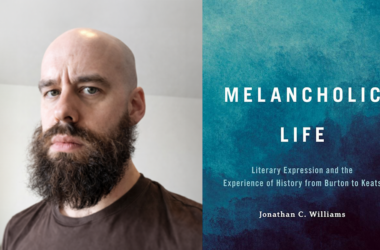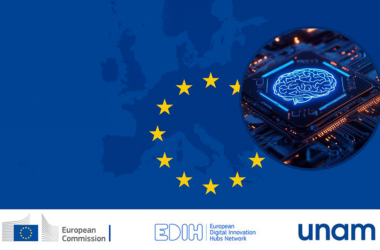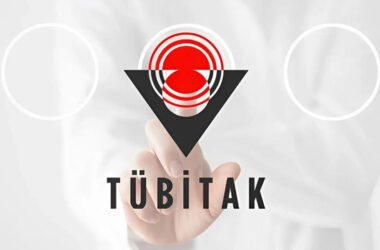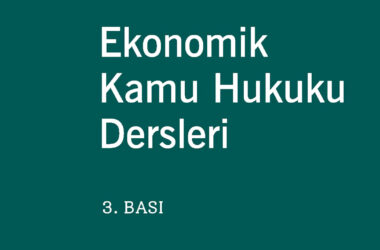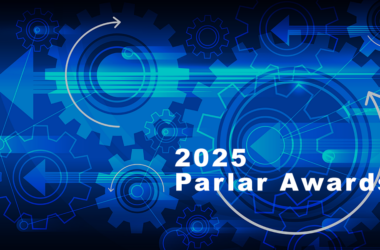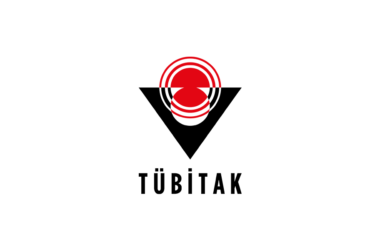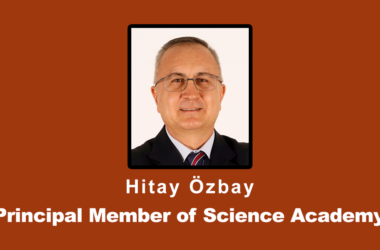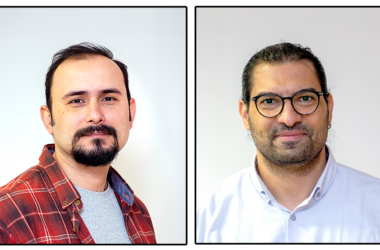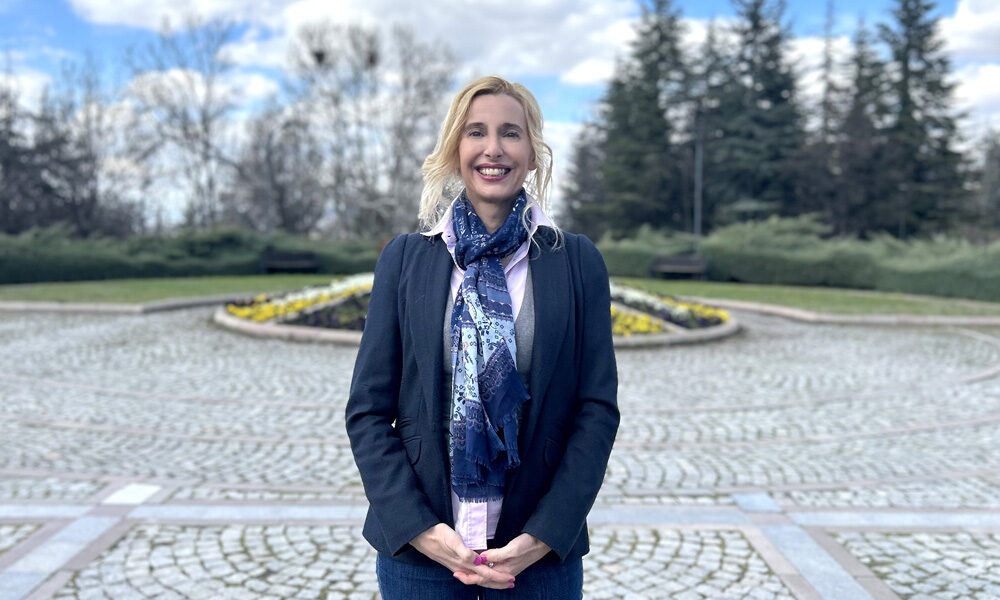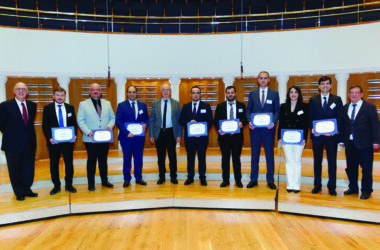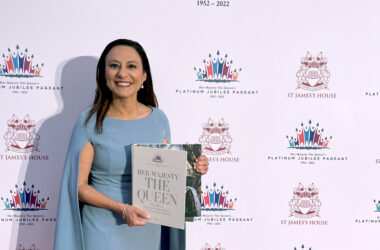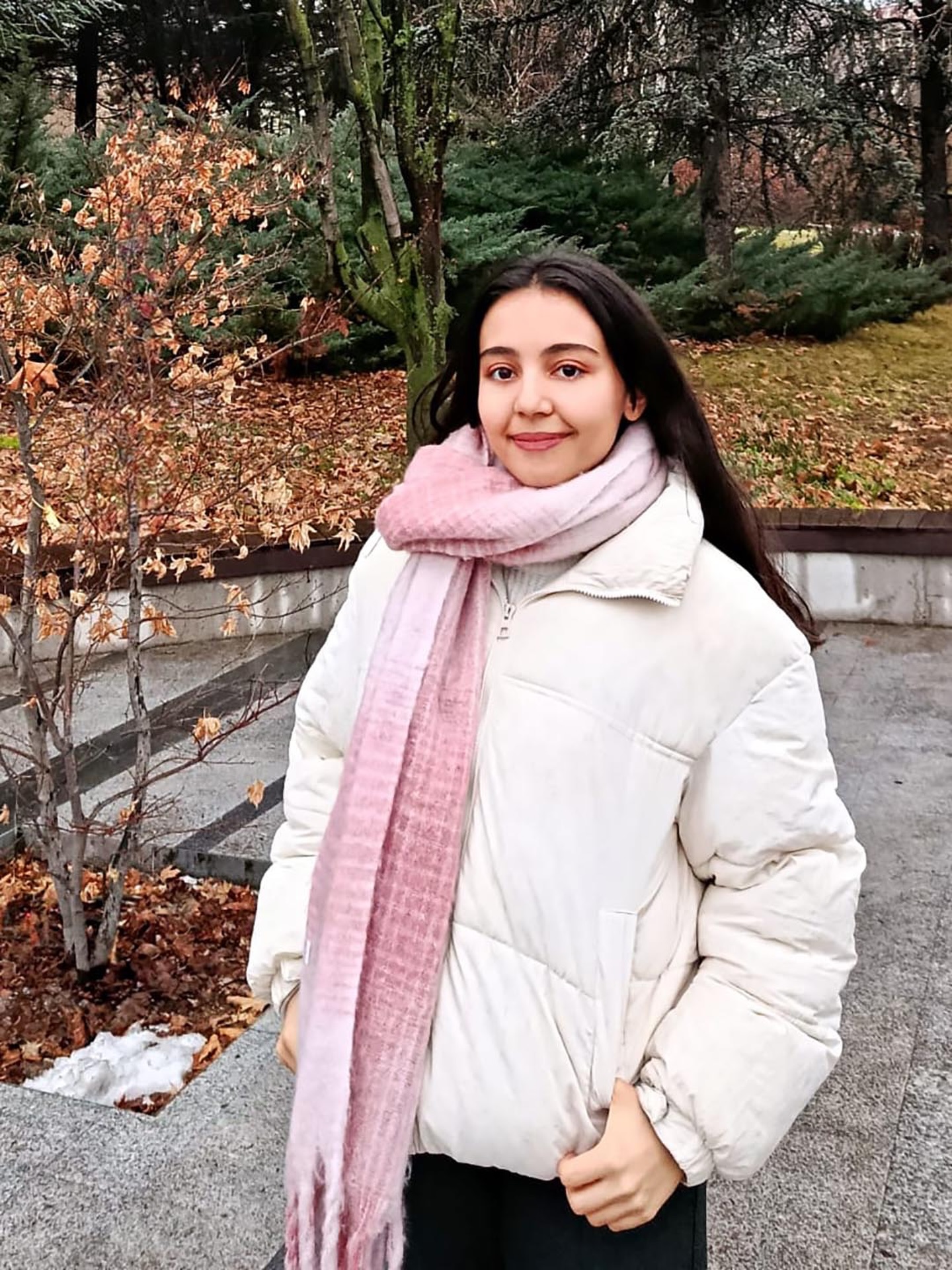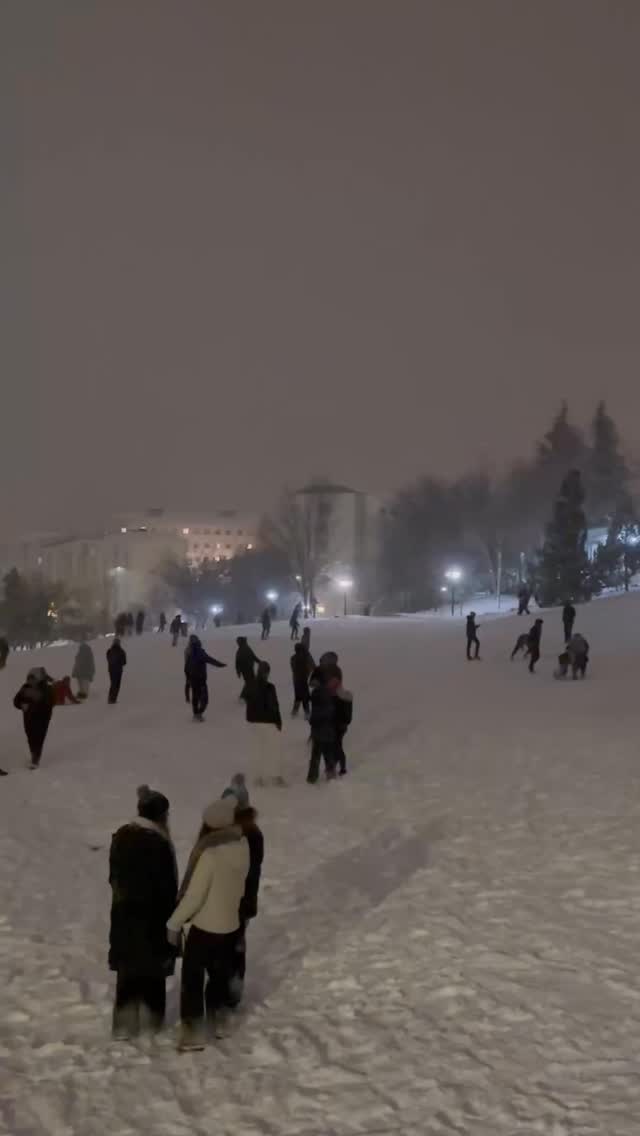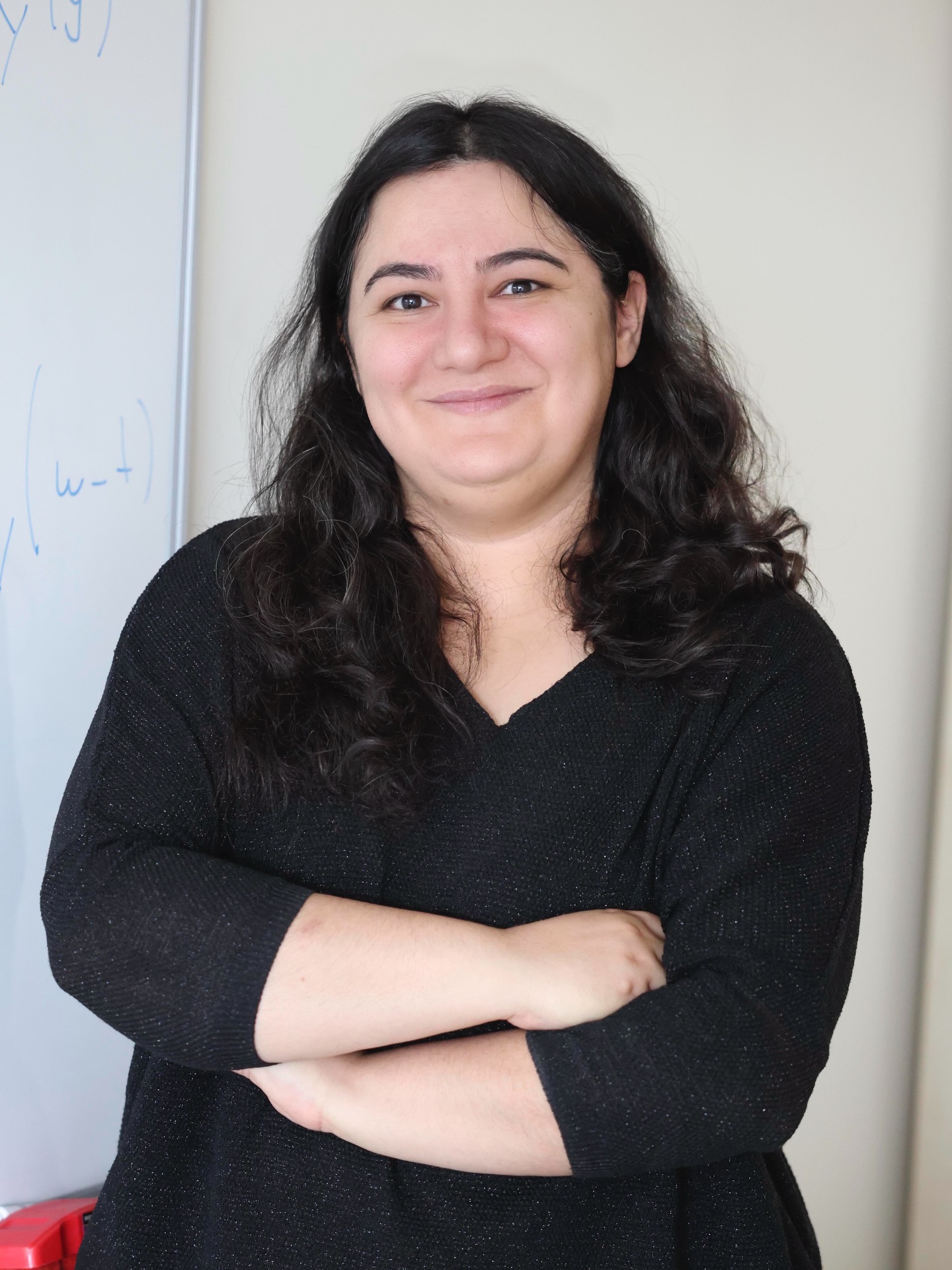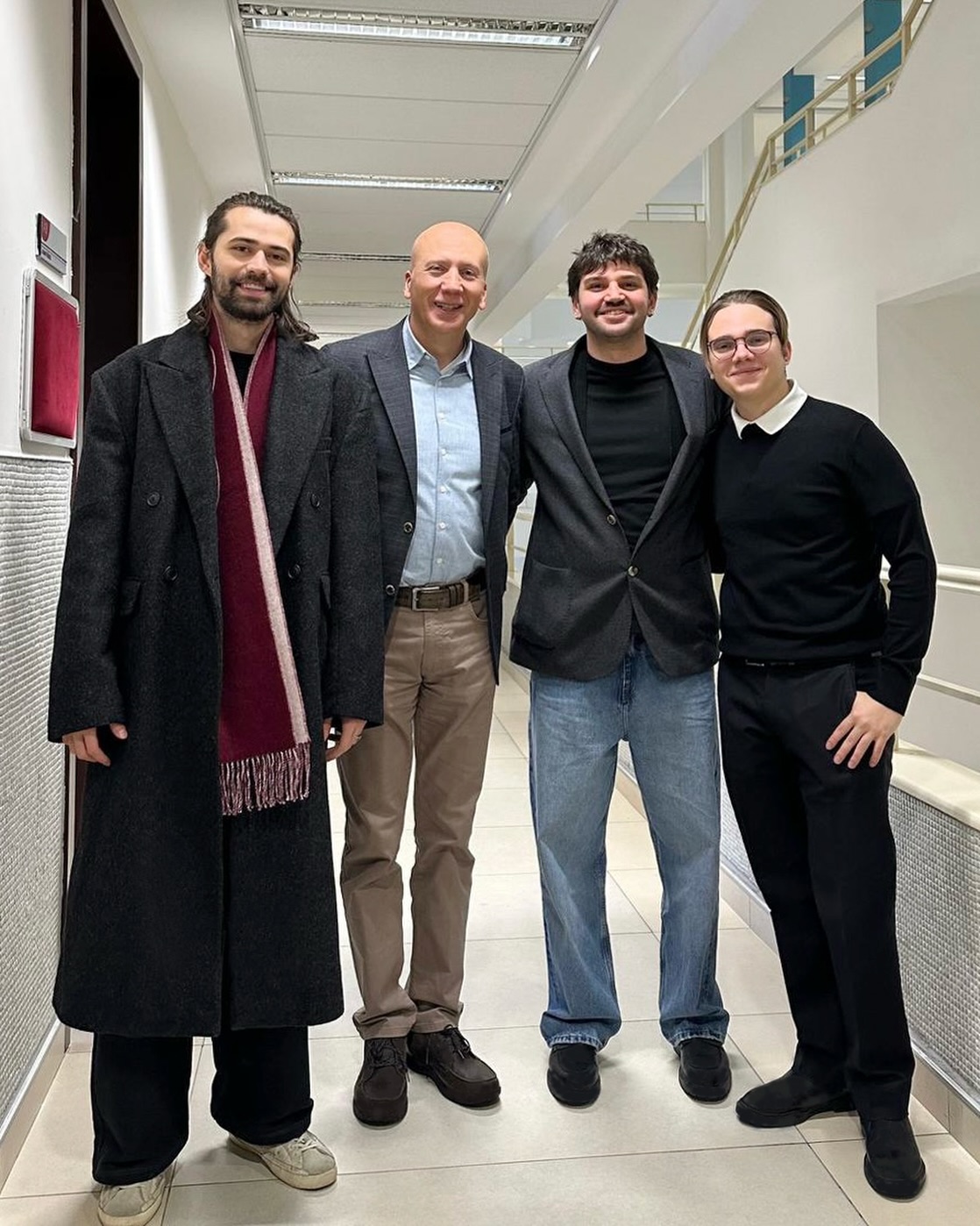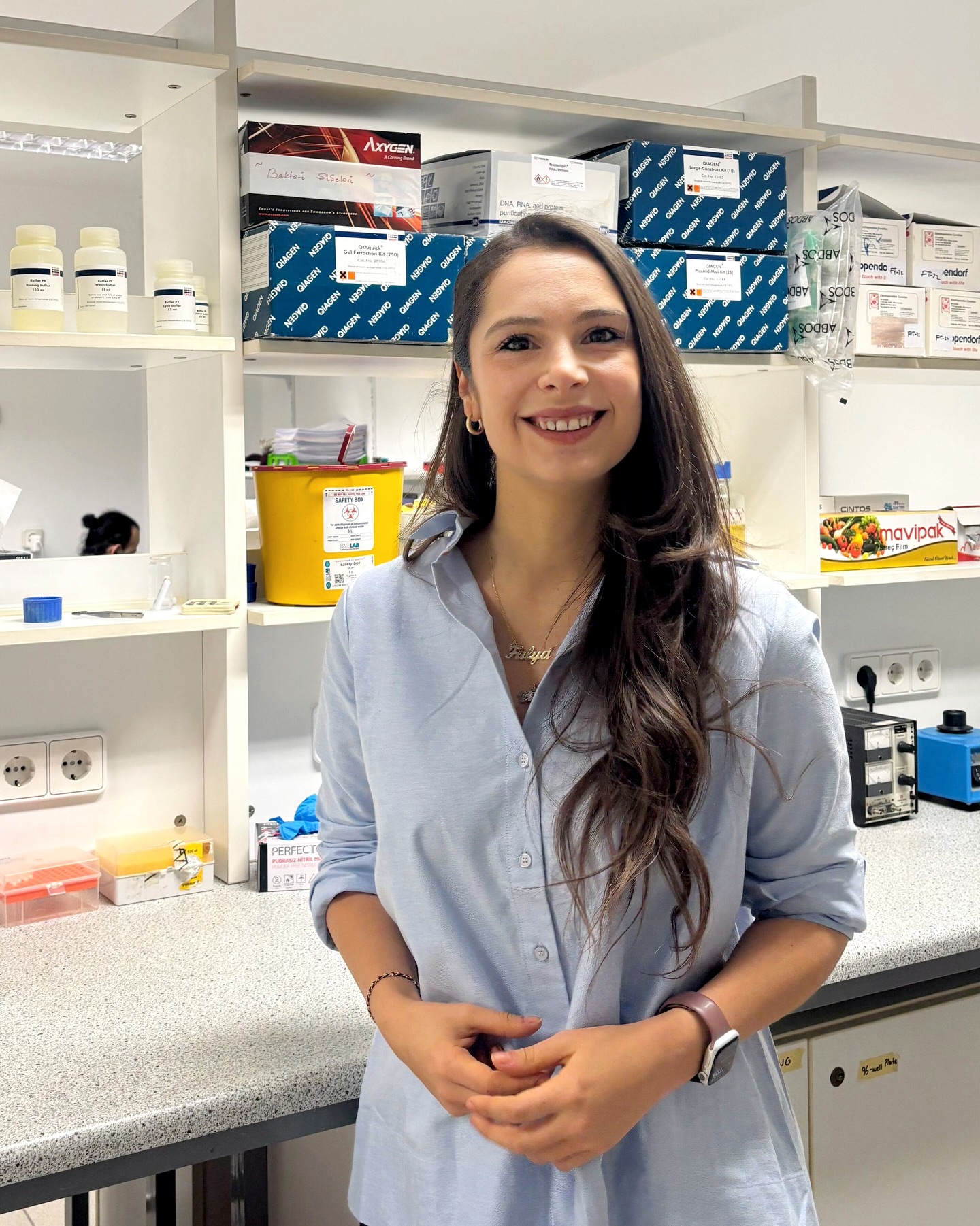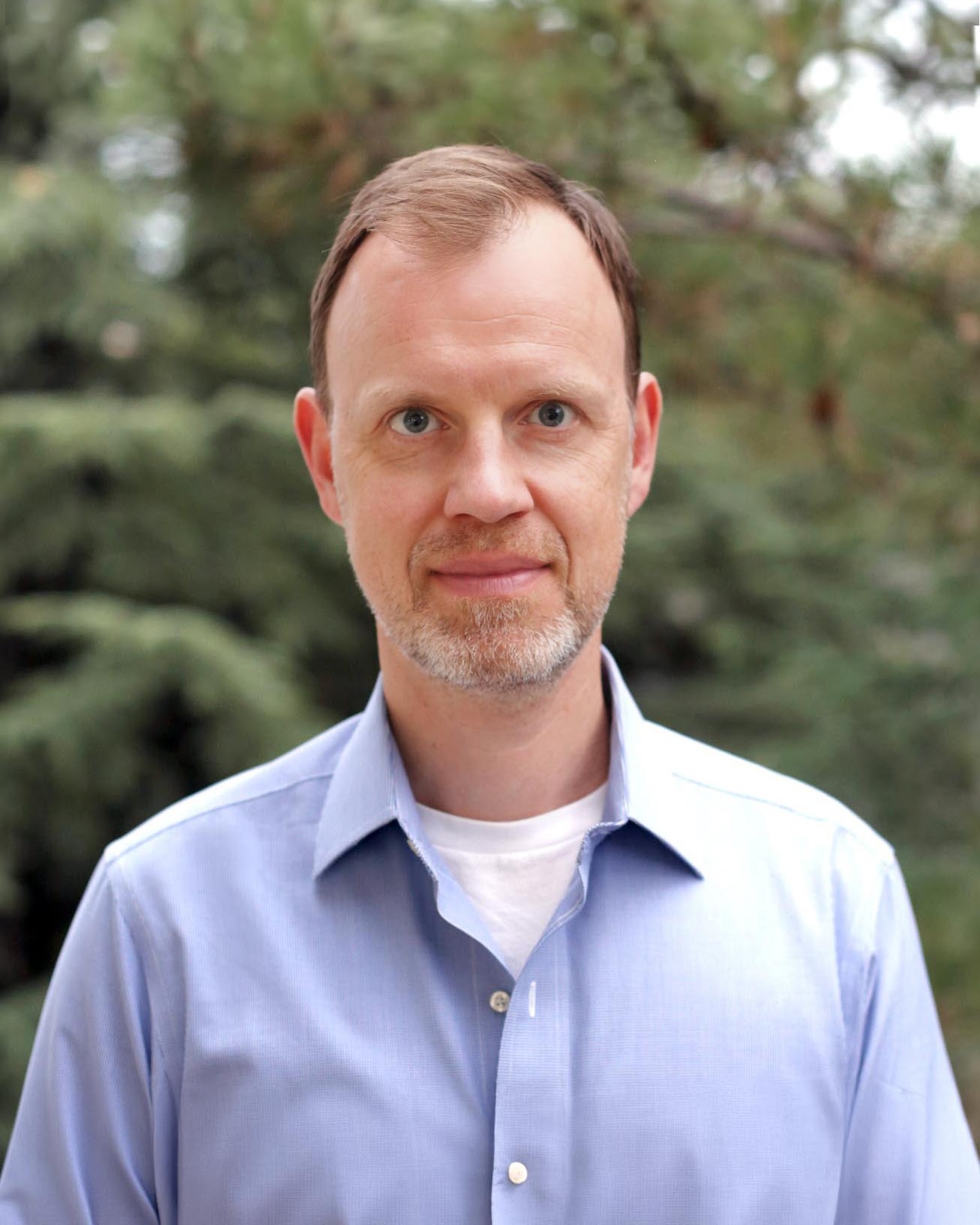BY PELİN SU UZUNCAGİL (AMER/II)
Lorna Yeşilkaya has been an Instructor in the Faculty Academic English Program at Bilkent since 2015 and has taught English since 2001. She holds a BA in German and Spanish and an MA in Applied Linguistics. Her MA dissertation was socio-linguistic in nature. She also has a Diploma in English Language Teaching to Adults (DELTA). In FAE, she teaches ENG 101, ENG 102, ENG 117 and ENG 118. Her research interests include pragmatics and socio-functional linguistics as well as any aspect of second language acquisition, with a particular focus on bilingualism.
Why did you choose to pursue an academic career?
I’ve always had a passion for English and for languages in general. I thought it would be professionally and personally satisfying to share that passion with others.
Why/how did you choose Bilkent? What do you like the most about being at Bilkent?
I had already heard many good things about Bilkent because my husband is a Bilkent graduate. He brought me here on my first visit to Ankara, and I fell in love with the campus. I love the sense of community and belonging it offers. I also really like the fact that English forms such a core part of the learning here.
What projects are you working on currently?
I am not currently working on any personal projects, since I don’t have a lot of free time to pursue interests outside work. I am considering starting violin lessons, which might be a nice project to focus on.
What excites you about your work? What’s the coolest thing about your work?
I feel very passionate being in the classroom, and I still get a great sense of satisfaction when I see my students grasp new concepts or learn skills. This is still the best part of the job for me.
Could you share a turning point or defining moment in your career?
I would say there are two. The first was when I decided I did not want to be a translator, which was my original dream. The second was when I changed my career from publishing to teaching.
What’s one piece of information from your field that you think everyone should know?
Probably that language shapes the way we think, although there are opposing arguments on this.
When and where do you do your best thinking?
I like to walk in nature on campus when I have important things to think about, decisions to make or problems to solve. I think this allows my best thinking.
What distracts you?
If I need to concentrate, I like to focus on one task at a time and do so in silence. Noises and other background sounds distract me if I’m concentrating.
What are you most curious about?
How the brain works.
What’s the most common misconception about your work?
That it comes with a lot of holidays.
What do you like to do when you’re not working?
I like to keep fit when time allows.
Which books have influenced you the most, and why?
Two books in particular stand out for me; both are by South American writers. The first is called “La Cuidad y los Perros” and is a criticism of Peruvian society, especially the military and masculinity. It’s written from multiple perspectives and is nonlinear, which is very interesting. The second is called “El Túnel,” a dark psychological narrative about a man’s obsession with a woman. It’s quite depressing but it made a huge impact on me.
What would you be if you had not chosen an academic career?
Psychiatrist or surgeon.
What’s the secret to leading a happy life?
I don’t know the answer to that. But I think it involves finding something stress-free that nourishes you and gives you a sense of hope.
